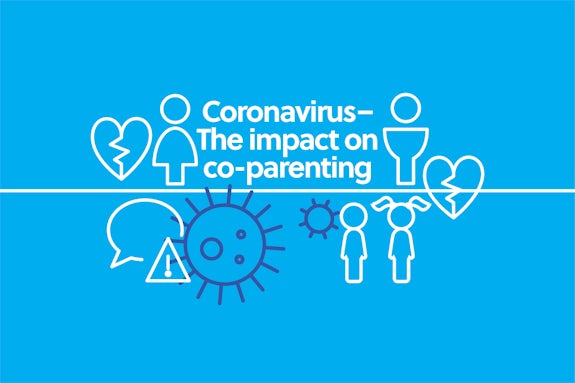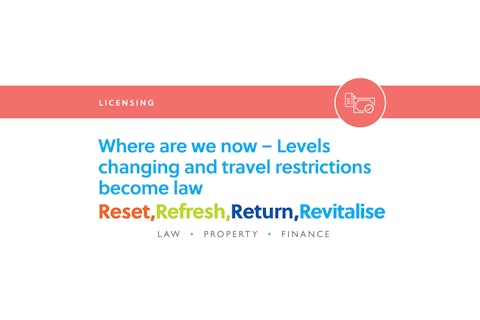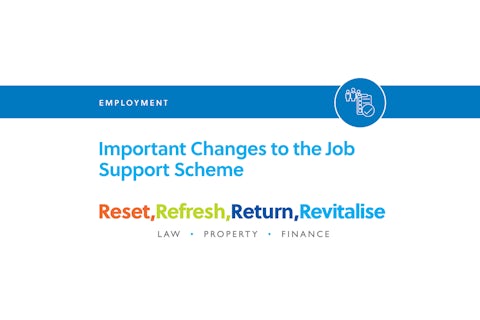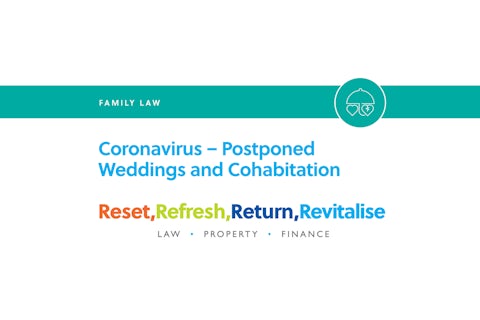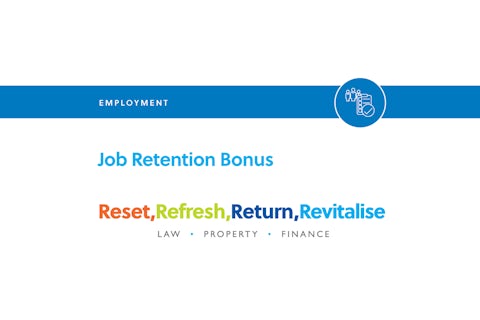CORONAVIRUS: THE IMPACT ON CO-PARENTING
Boris Johnson’s divorce lawyer has recently been consulted on a dispute where one parent is not letting her two children see the other parent for the weekend.
A mother approached Neil Russell, saying that her children didn’t want to visit the other parent due to concerns they could be stuck away from their usual home for weeks if they have to self-isolate.
Undoubtedly, this is a worrying time for everyone. For Family lawyers these are unprecedented times. For separated parents, alterations and variations to existing co-parenting arrangements are likely to be necessary due to government guidelines on self-isolation, school closures and restrictions on foreign travel. We discuss the impact, and possible solutions below.
FOREIGN TRAVEL
If a parent wishes to travel abroad with a child, they require the other parent’s consent. If such consent is not given then the issue would have to be decided by a court. The court would then have to consider whether or not consent was being withheld unreasonably.
We approach the Easter Holiday period when many co-parenting families will have made plans to travel abroad. In the current climate the restrictions in place will dictate whether such travel plans will be able to take place. If, for example, your planned holiday abroad isn’t going to go ahead, could alternative arrangements be made? This could be rearranging the contact to take place later on in the year. If the other parent lives abroad then telephone calls, Skype and email could be used as alternatives, albeit we recognise that they are not a sufficient replacement for direct contact taking place.
CO-PARENTING
Whether you have an informal agreement setting out contact arrangements or whether they are set out in a court order, the current climate will result in a degree of uncertainty for separated parents.
Following Boris Johnson’s announcement on Monday evening placing the most severe restrictions on public life in recent history, many parents were worried they would not be able to see their children if they did not live with them full time. Cabinet Office Minister Michael Gove initially indicated that children should not be moving between different household during these restrictions. That advice has since been clarified and the government guidance now states that where parents do not live in the same household, children can be moved from one household to another, assuming that no-one in either household is displaying symptoms of the coronavirus.
Therefore, the terms of any co-parenting agreement or court order will still apply unless and until this presents a risk either to your child or any other person such as the other parent. In the event that your co-parent stops your child spending time with you entirely then you can still make an application to the court. The Courts are still dealing with urgent matters and have put alternative measures in place for any such urgent applications.
If there is a court order in place which you cannot comply with you should immediately notify the other parent. In these circumstances we would suggest that alternative proposals should be put forward taking into account the government guidance. If co-parenting is continuing to take place as normal, parents will have to be prepared to review matters in the event that the government orders a complete lockdown.
If a member of a household is symptomatic, the advice from the government remains clear that the individual should isolate themselves for a period of 7 days. Any other members in that household must isolate for a period of 14 days, to allow for any symptoms to develop. In these circumstances, it is important that alternative contact methods such as Skype and email are facilitated.
Both parents will need to be prepared to adopt a degree of flexibility and there will need to be some give and take. It goes without saying that a child’s health and wellbeing should take priority despite the fact that may mean a temporary reduction or variation in the time you spend with your child.
School closure and not being able to spend time with friends may result in your children becoming unsettled so it is important that you adhere to as normal a routine as you possibly can across both households. If changes are necessary and your child is unable to spend face to face time with the other parent then they will understandably be upset and confused about that. Regular facetime/skype with the other parent will help reassure them and should be facilitated.
[Our specialist family Law team are fully up to date with the situation and aware of guidance from the Scottish Courts Service and the measures being put in place to deal with such issues as and when they arise. We have put in place measures to ensure there is no disruption to our service during this difficult time. Whilst working remotely, all members of our team are fully operational, working as normal and contactable by all the usual methods.]
If you like to discuss this with Sarah please give her a call on 0141 530 2034 or sfeeney@gilsongray.co.uk
The information and opinions contained in this blog are for information only. They are not intended to constitute advice and should not be relied upon or considered as a replacement for advice. Before acting on any of the information contained in this blog, please seek specific advice from Gilson Gray.

